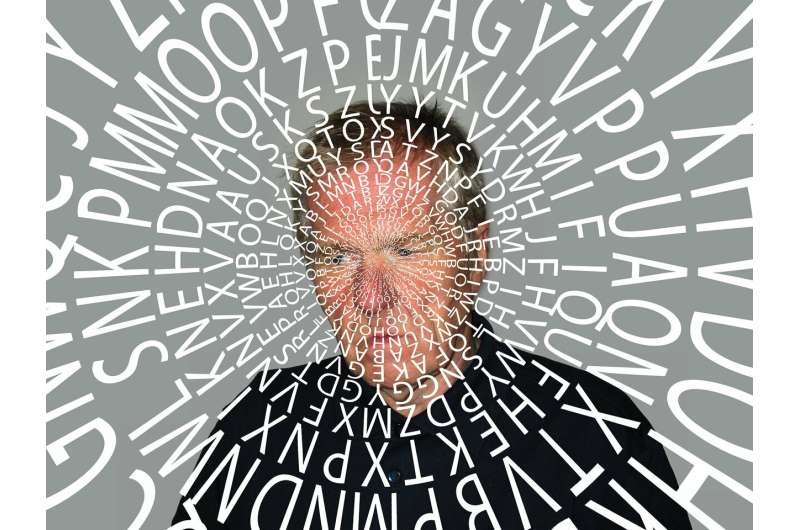Traumatic Events Linked to Eating Disorders Among Palestinians

A recent study published in Brain and Behavior highlights a significant connection between traumatic experiences and the development of eating disorders among Palestinian adults. The research involved 580 participants—comprising 320 men and 260 women—recruited through online platforms. Findings reveal that individuals who experienced traumatic events were more prone to behaviors such as restraint eating, concerns about body weight and shape, and overall eating disorder symptoms.
The study further identified that certain demographic factors influence this relationship. Women, younger individuals, those with lower educational attainment, and residents of Palestinian refugee camps displayed a higher prevalence of eating disorders. These findings underscore the impact of ongoing political conflict and trauma exposure on mental health, particularly related to eating behaviors.
According to Fayez Mahamid, Ph.D., of An-Najah National University, targeted mental health interventions could help mitigate eating disorder risks and address broader mental health challenges in Palestinian society, which is markedly affected by high levels of traumatic stress.
This research emphasizes the importance of considering sociopolitical and demographic contexts when developing mental health strategies for vulnerable populations.
Source: https://medicalxpress.com/news/2025-04-traumatic-events-disorders-palestinians.html
Stay Updated with Mia's Feed
Get the latest health & wellness insights delivered straight to your inbox.
Related Articles
Research Shows a Single Short Video Can Positively Influence Teen Mindsets—But Effectiveness Has Limits
A new study reveals that a brief 10-minute online video can promote a positive growth mindset in teenagers, offering a scalable tool for supporting youth mental health, though its impact on anxiety and depression remains limited in the short term.
Evaluating the Effectiveness and Safety of Chill-Out Beverages for Stress Relief
Explore the science behind 'chill-out' drinks, their ingredients, potential benefits, and safety considerations in stress relief from recent research.
Marriage and Its Impact on Health and Happiness: New Insights from Cross-Cultural Research
New research shows that marriage is linked to better health and greater happiness across cultures, highlighting the importance of family support and cultural norms in well-being.
Genetic and Environmental Factors in Family Mental Health: Breaking the Cycle
A groundbreaking study reveals that while mental health issues often run in families, they are not predetermined. Strengthening family environments and early interventions can break this cycle and promote resilience.



